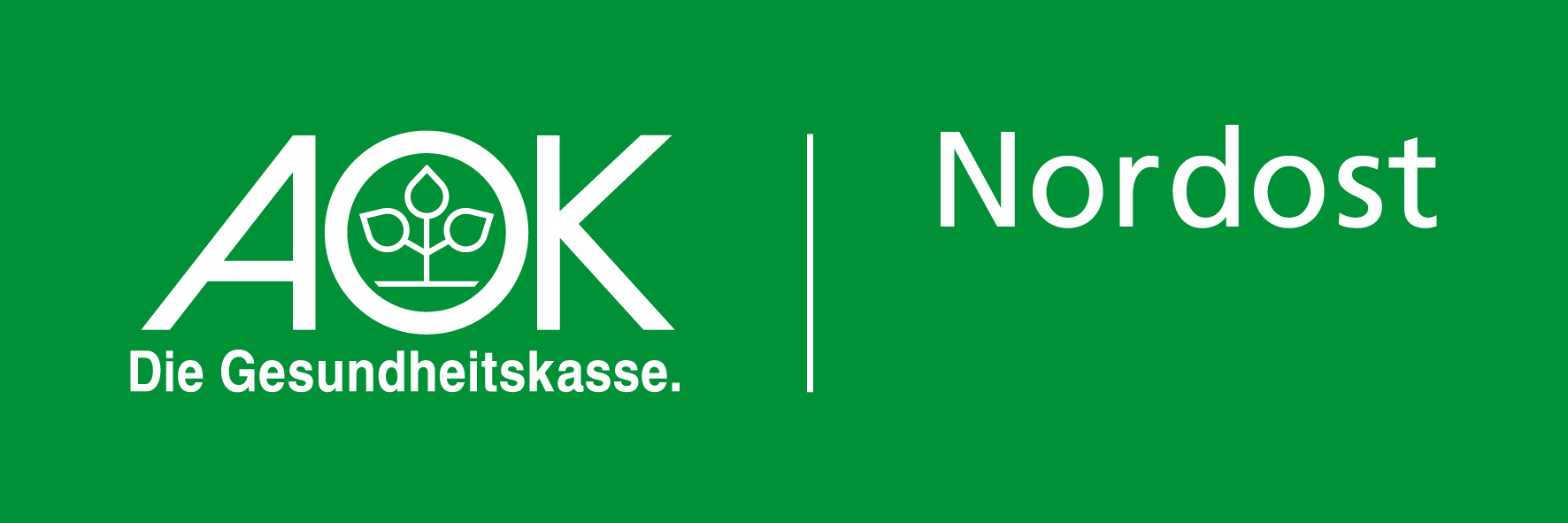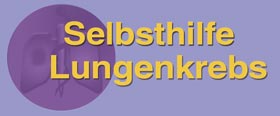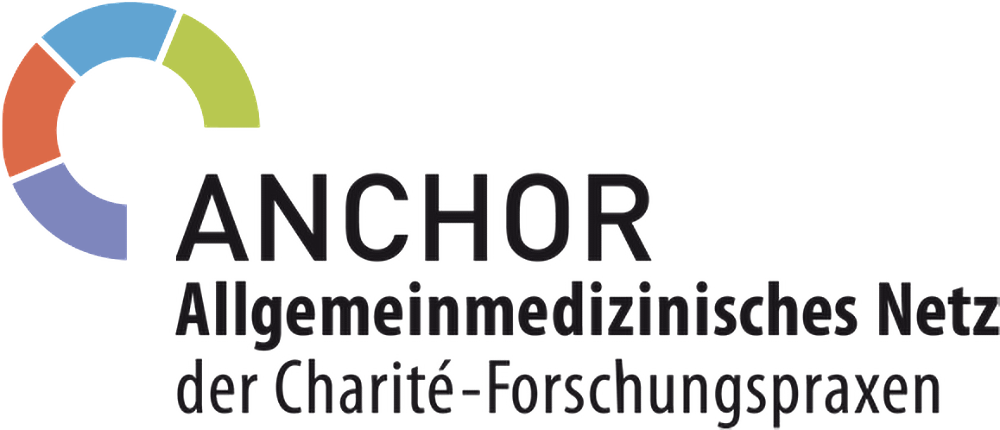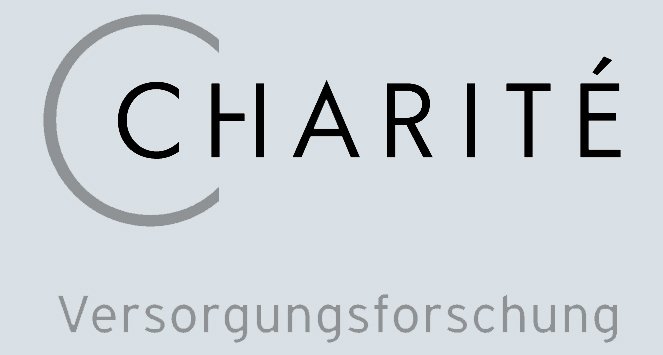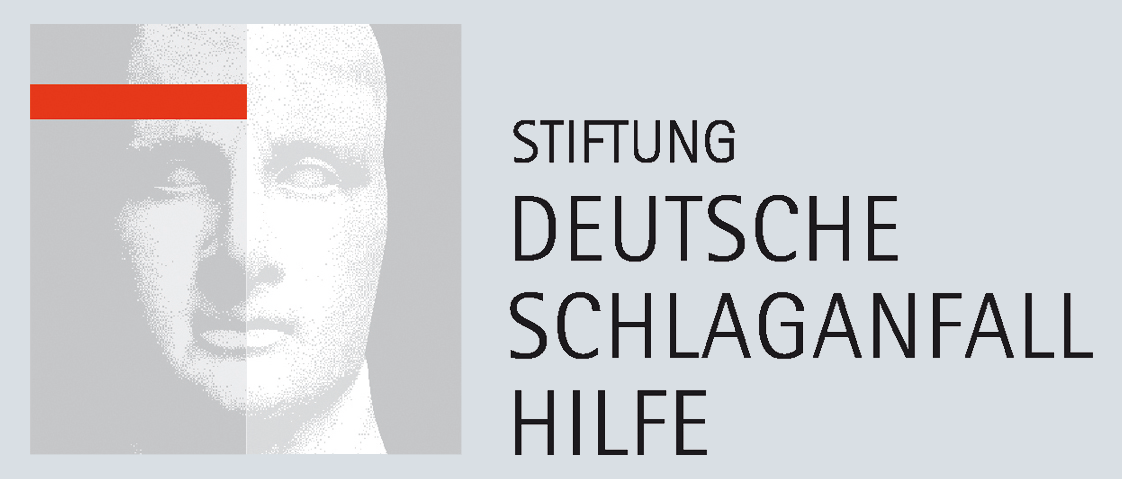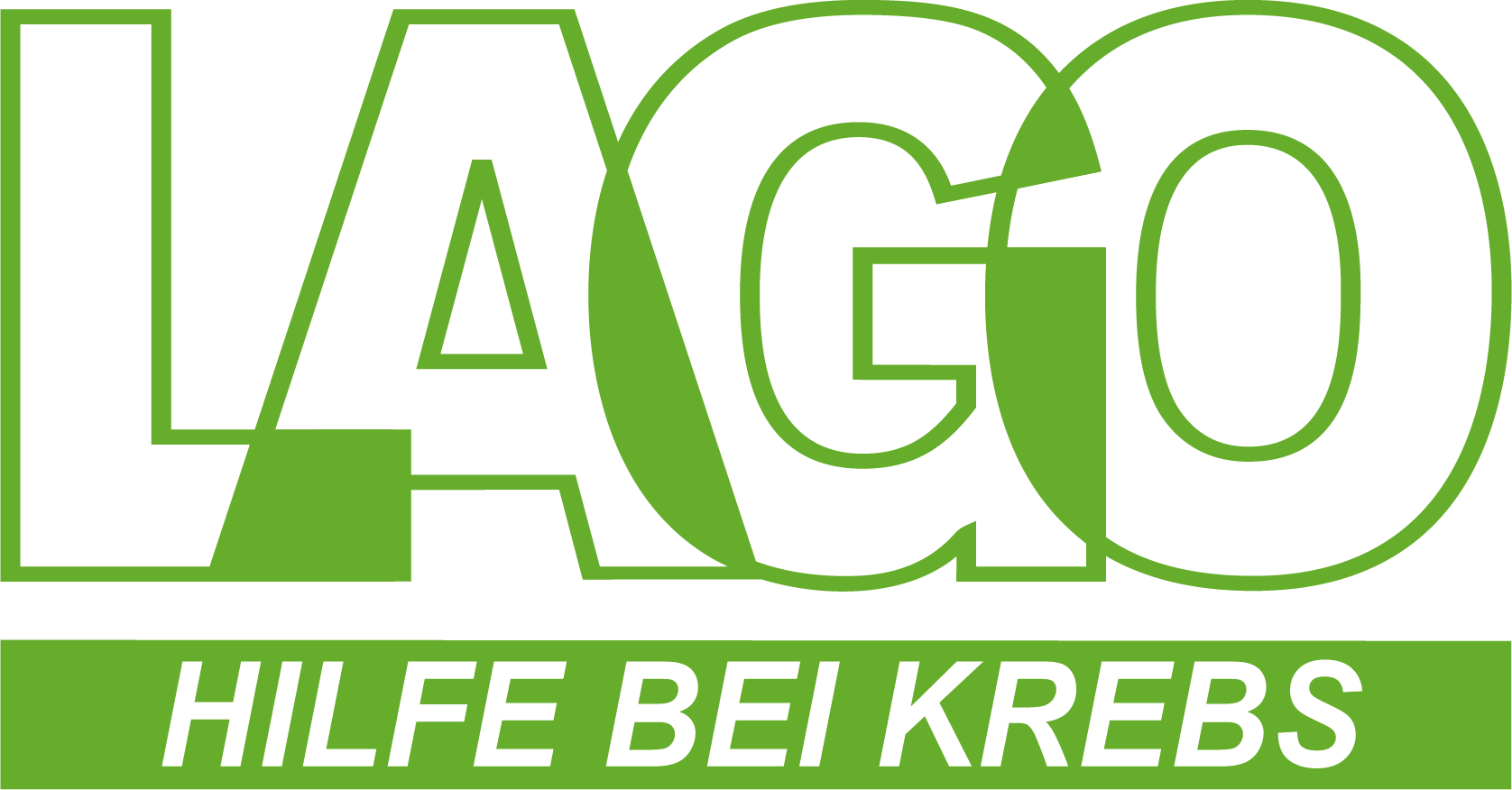We would like to invite you to this year’s NAVICARE Symposium on „Logic Models in Interventional Healthcare Research”, which will be held on 2nd December 2021 as an online event.
NAVICARE Symposium 2021


„Logic Models in Interventional Healthcare Research“
How does my healthcare intervention work? Which components of my complex intervention could have affected the outcome, and how? And what outcomes should I focus on when preparing a systematic review?
In our 2021 NAVICARE Symposium we will look at a way to address these questions in healthcare research by creating a logic model. We invited Dr. Dylan Kneale and Dr. Alison O’Mara-Eves to learn from both experts, how to apply logic models at various stages along the research process – from the planning phase of an intervention study to evidence synthesis via systematic reviews.
You are welcome to join this inspiring and interactive session!
PD Dr. Nina Rieckmann, PhD
Institute of Public Health
Chair of the NAVICARE network
Prof. Christoph Heintze, MD, MPH
Head of the Institute of General Practice
Deputy chair of the NAVICARE network
The symposium will be held in English. Participants will receive a zoom link prior to the event. Please register HERE for the online event or write an e-mail to navicare@charite.de.
Programme
2.00 - 2.05pm – Welcome & Introduction
2.05 – 2.50pm – An overview of Logical Models
-
-
-
- What is a logic model and how do logic models compare with other forms of programme theory
- What functions does a logic model serve in the research process
- A taxonomy of logic models – the different types of logic model and their features and functions
- Introducing (further) complexity into logic models
- How to get started with creating a logic model – from sticky notes to software
-
-
Break
3.05 – 3.40 p.m. – Case Study 1a and 1b – Using a logic model to theorise how an intervention works
-
-
-
- Describing the process of creating a logic model using an example of school-based asthma self-management interventions
- A Description of the process of updating the model of school-based asthma self-management interventions based on new evidence
- Showcasing the utility of a logic model approach to test the underlying assumptions of a research approach through examining Precision Public Health
-
-
3.40-4.15 p.m. – Case Study 2 – The process of co-producing a logic model and visualising complexity
-
-
-
- The process of co-producing a logic model
- The benefits that co-production brought to the model and the considerations
- The challenges and possible solutions to visualizing the complexity of people’s experiences
-
-
4.15-4.30 p.m. – Final discussion and closing remarks
For more information, please see the flyer below.

